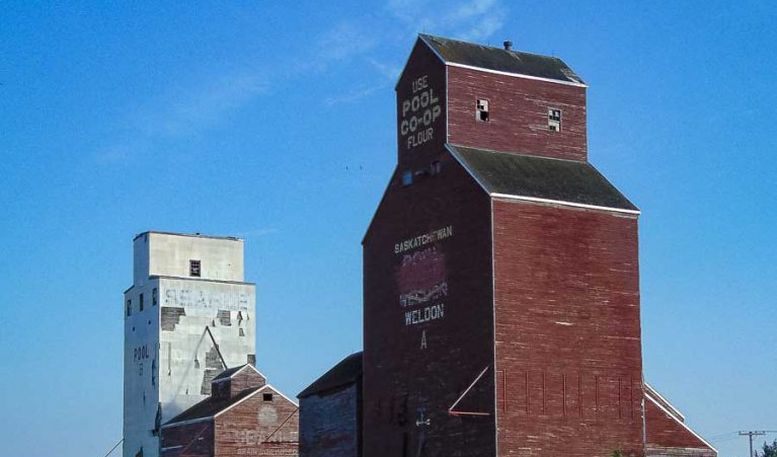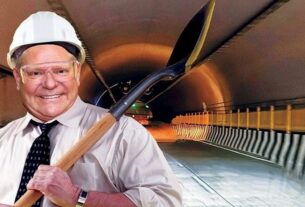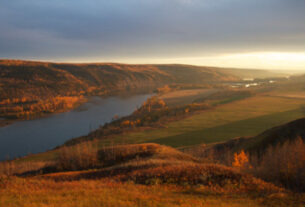The conservative Saskatchewan Party is heading to its fifth election victory, even after 17 years of misrule. The Sask Party led by Brad Wall, “the demon barber of the prairies,” defeated the NDP in 2007. Over the years the government has carried out a fairly standard conservative austerity agenda of low corporate taxes, resistance to federal climate change measures, privatizing some of the province’s remaining public crown corporations and liquidating the Wheat Pool. While in recent years the Sask Party’s popularity has declined, the NDP seems unable to win unless there is a major scandal.
It may seem hard to understand how the political landscape has completely reversed, from the birthplace of public health care and a leader of social democracy, to home of one Canada’s strongest centre-right provincial parties. This shift is due to several trends in the province. Agriculture, historically the bedrock of the province, has declined as a share of the economy with the rise of resource extraction including potash, oil, coal and uranium. In farming, family farms are in decline; the number of farms dropped inexorably from nearly 140,000 in the early 1940s to just over 34,000 in 2021.
Bold CCF Program
When the forerunner to the NDP, the CCF, was first elected to government in Saskatchewan in 1944, the province was mostly small farms. The CCF’s roots were in the self-organized farmers who relied on cooperation, establishing the Wheat Pool co-operative in the 1920s. Between 1944 and 1964, the party implemented a bold program of modernization extending electricity and water access across the province, boosting education quality, and establishing public transport, utilities and insurance. It encouraged investment in resources, but although they were mostly private corporations, the strong royalties ensured a budget surplus. It had a strong social safety net including, of course, public health care.
The NDP enjoyed a return to government from 1971 until 1982. Their major focus was strengthening the government’s economic role, creating new crown corporations: SaskOil, Saskatchewan Mining Development Corporation, and PotashCorp. However, all of these were privatized under the following conservative government, giving a huge gift to big business.
The NDP was re-elected in 1991, as financial mismanagement scandals rocked the conservative party. However, the province was deeply in debt and nearly bankrupt. The NDP embarked on austerity cutting and “restructuring,” mainly rural health care and education programs. This alienated many in the already shrinking rural communities, and the NDP has done little in the decades since to repair the relationship. The erosion of the social base that brought them into existence and the defeat of their economic policy achievements has left the NDP directionless for decades.
Rural Communities Struggling
Rural communities in Saskatchewan continue to face significant challenges. Since 2001 the price of farmland has increased around 400 percent, up 15 percent just last year, the highest in the country. Farmland ownership is in fewer and fewer hands, and investors play an increasing role. Close to 50 percent of Canada’s farmers now rent land and it is ever harder for new farmers to join the industry. Climate change is impacting farming with the drought in 2021 causing a historic 47 percent drop in production, the major reason why Saskatchewan was the only province where the economy shrunk that year. Droughts are becoming more common, with a threat of another 1930s Dust Bowl, alternating with periods of extreme flooding.
If the NDP has a program for agriculture and rural life in Saskatchewan, no one ever hears it. The NDP does not have a vision for the future of resource extraction in the province. Current Premier Scott Moe does not have the same high approval ratings as Brad Wall. The attacks on trans youth and the labour dispute with the teachers’ union have driven their support down. The NDP has made some gains recently in urban areas, but they remain a perpetual afterthought in rural ridings. The NDP needs a program that seriously addresses the challenges of rural communities if they ever hope to be a force in Saskatchewan again.




